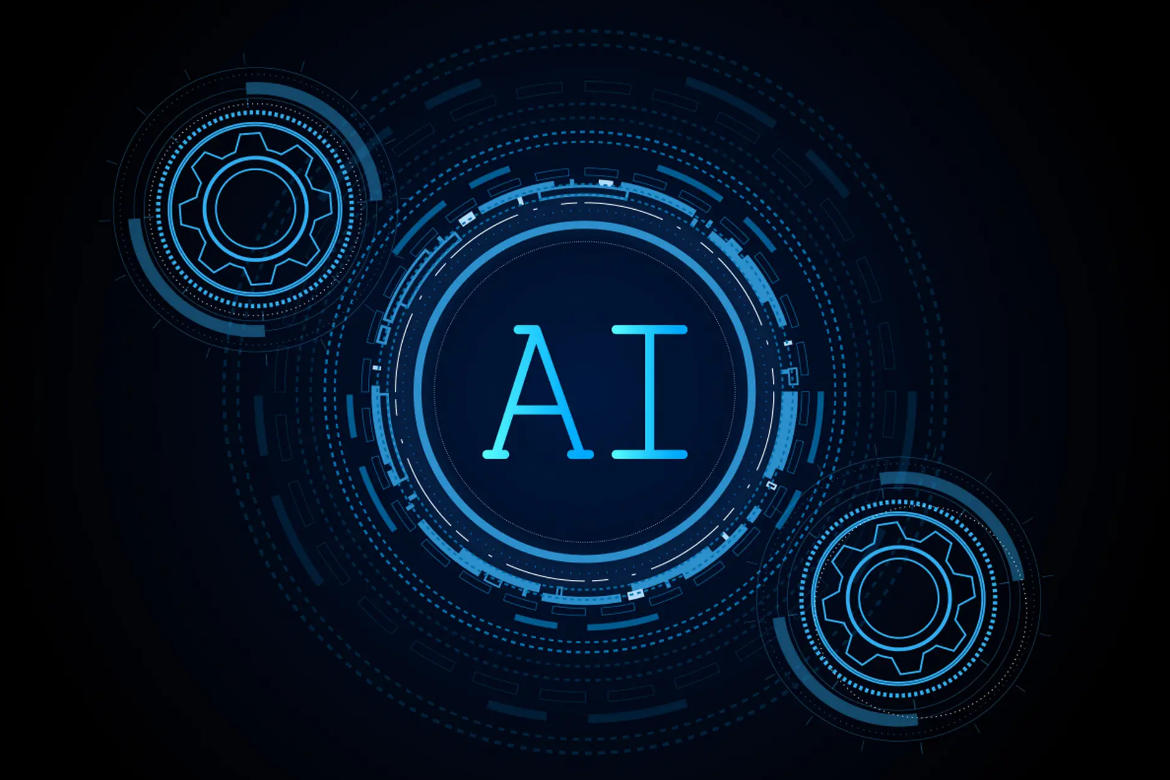In the era of booming artificial intelligence, data annotation work has become a new way for young people in many developing countries to seek employment opportunities. However, through a survey of young data annotators in Kenya, the editor of Downcodes found that behind the seemingly glamorous industry lies the harsh reality of low wages, high pressure and mental health problems. They deal with a large amount of disturbing content every day and are under tremendous psychological pressure, but do not receive adequate protection and support. This article will delve into the plight of young data annotators in Kenya and reveal the challenges and hopes they face in the era of artificial intelligence.
In Kenya, more and more young people are attracted by the emerging industry of artificial intelligence and join the work of data annotation. This job sounds cool, but in fact it contains a lot of unknown bitterness. Many young people work hard in this industry and try to change their destiny through labor, but find themselves in an environment of low wages, high pressure and psychological distress.

Picture source note: The picture is generated by AI, and the picture authorization service provider Midjourney
In an office space in Nairobi, Naftali Wambalo, a mathematics graduate, is busy labeling thousands of images and videos. His job is to teach AI to recognize objects in images, such as telling the machine "this is a TV" or "that is a refrigerator." It sounds simple, but in reality it takes him a full eight hours a day, which is nerve-wracking and stressful.
"My salary is only US$2 per hour, and my life is very difficult." Naftali said helplessly. Like many of his colleagues, he works for big tech companies such as Meta and OpenAI through outsourcing companies. These outsourcing companies take profit maximization as their goal. Although they work hard for the company, the rewards they receive are negligible. Nirima Wako-Ojiwa, a Kenyan rights activist, even described the work as "modern-day slavery."
In addition to low income, the working environment is also worrying. Workers had to deal with some extremely disgusting and violent content, including scenes of child abuse and suicide. This kind of work brings huge challenges to their mental health, and many suffer psychological trauma as a result. "Every day I see disturbing images that make me feel frightened and depressed," Naftali said.
Although outsourcing companies claim to provide employees with mental health support, Naftali and his colleagues feel that this support is not enough. "We need truly professional psychiatrists, not casual support," Naftali said. In order to improve the situation, nearly 200 workers have jointly sued outsourcing companies and related technology giants, accusing their working conditions of being unreasonable and causing mental distress.
Another big challenge these young people face is job insecurity. Many contracts are short-term, and some are even calculated on a daily basis, which makes it difficult for them to feel secure in their lives. Nilima mentioned, “Our labor laws are very old and there is no protection for digital workers at all.” Because of this, many young people have to accept jobs even under such harsh conditions, forced to make ends meet.
As more and more people pay attention to this issue, digital workers in Kenya hope to change their destiny through legal means. They are using their voices to call society's attention to this issue. Despite their difficult circumstances, these young people are still striving for a better life and fairer treatment.
The plight of young data annotators in Kenya highlights the social problems behind the rapid development of artificial intelligence. We need to pay attention to their rights and interests, promote a fairer and more reasonable labor environment, protect their physical and mental health, and jointly build a better future.